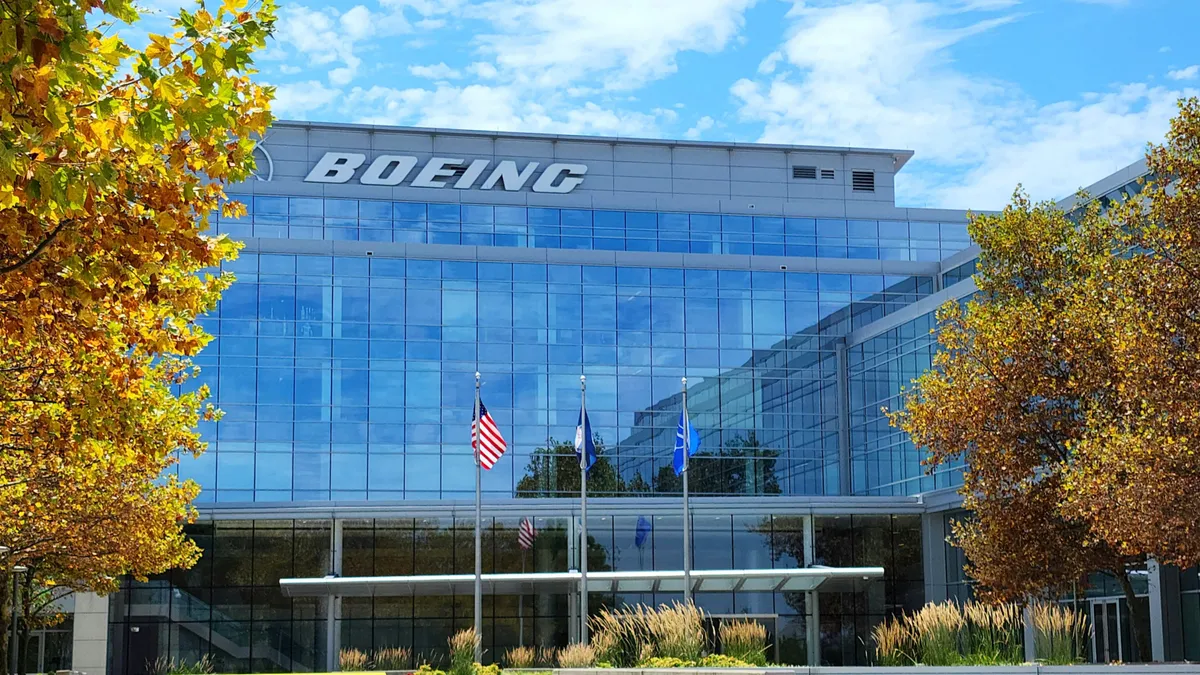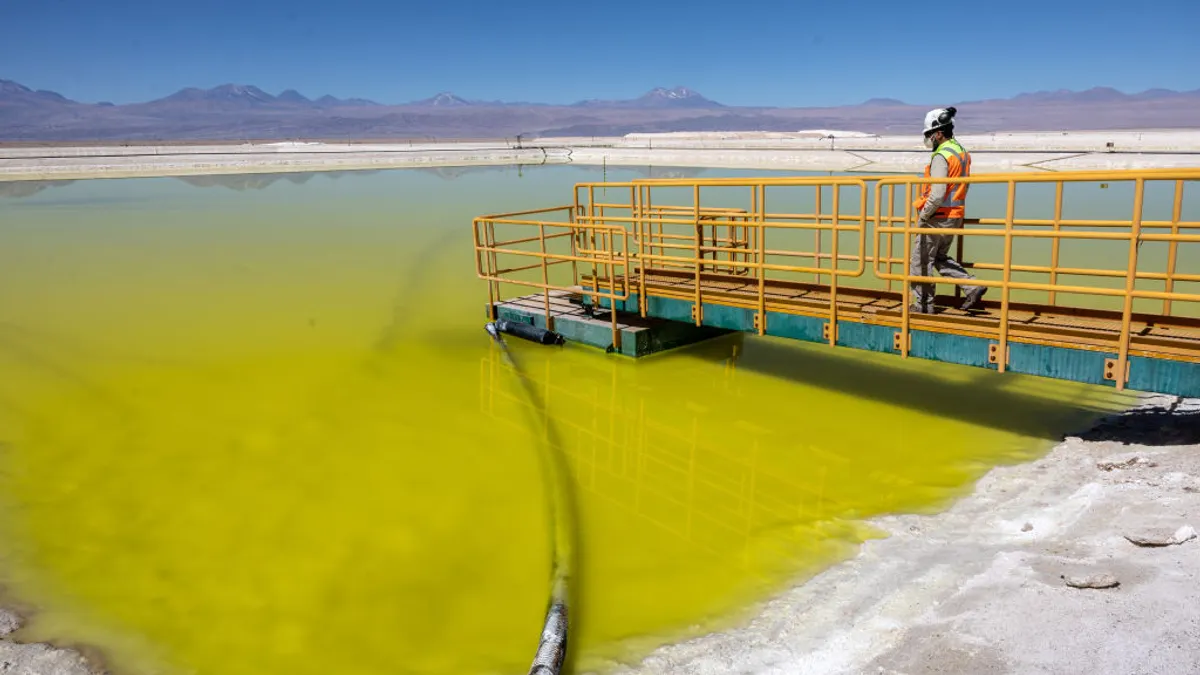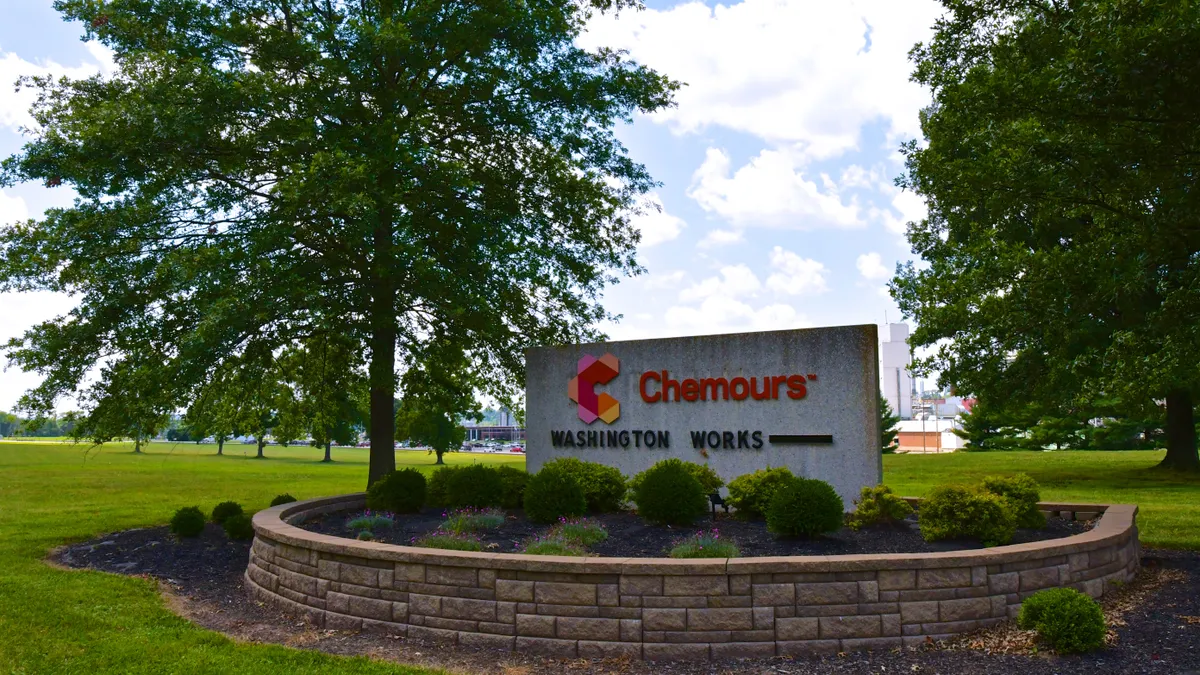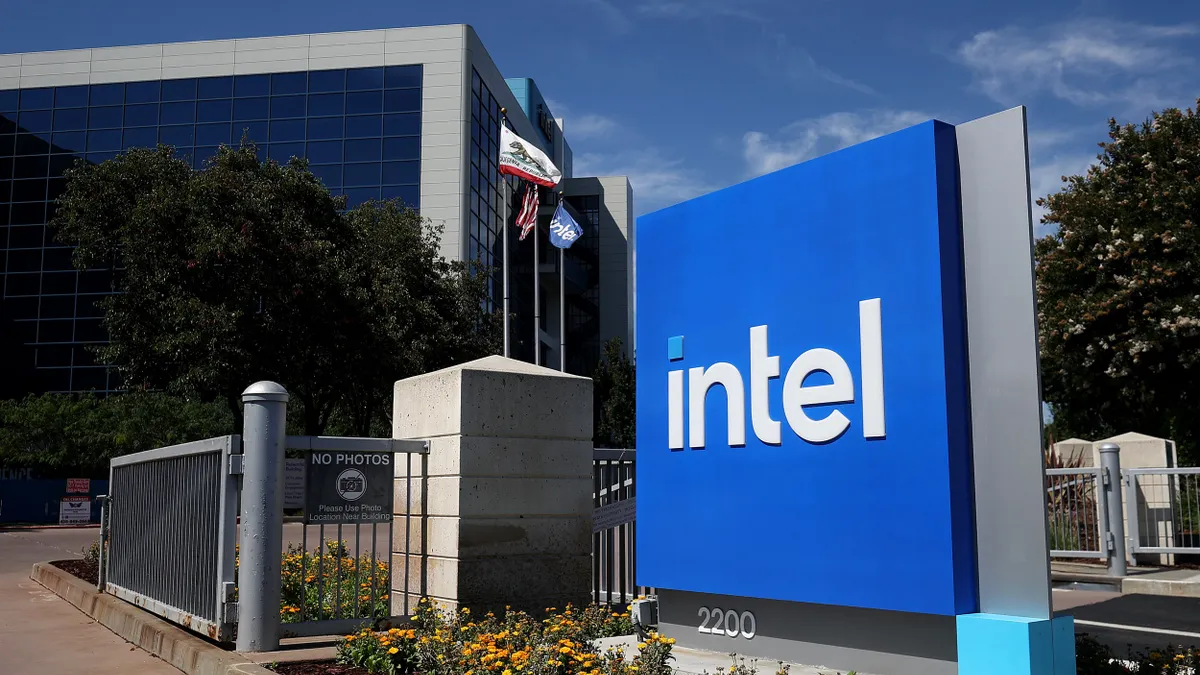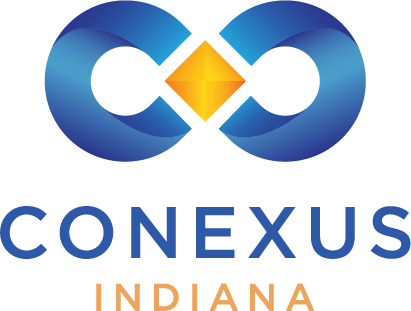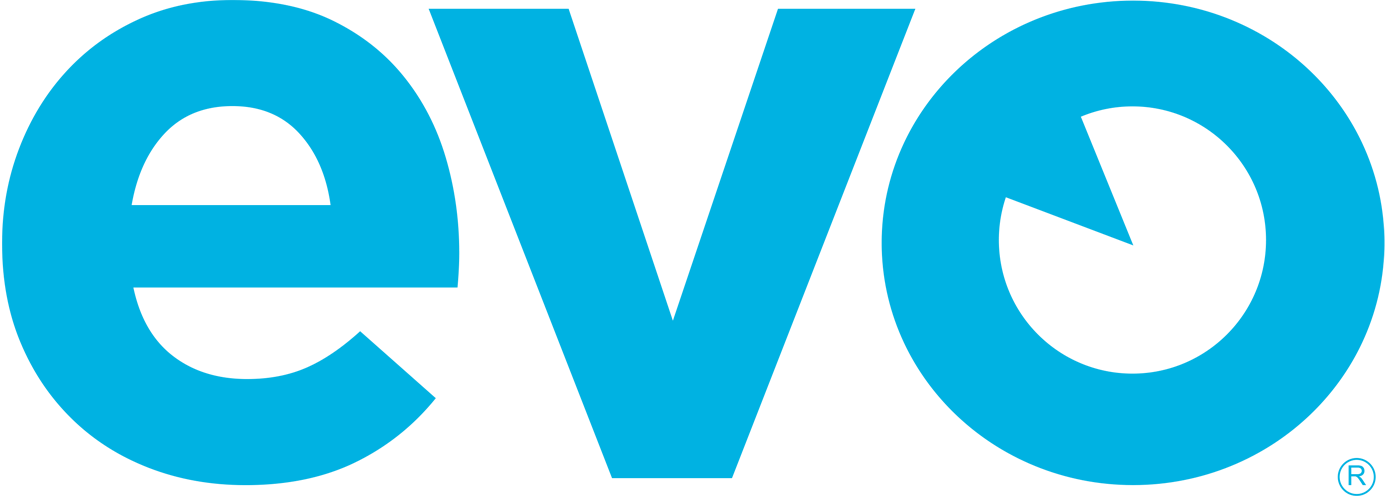Editor’s note: This story highlights takeaways from an April 9 event hosted by Manufacturing Dive and Food Dive. Register here to watch the replay on demand.
Major food companies adopting artificial intelligence programs for product development and quality assurance say the technology platforms are helping them gain an advantage in a competitive and fast-paced industry while also staying two steps ahead of potential market disruptions.
Kellanova and ingredients giant Ingredion are among those companies leveraging the technology in its supply chain to refine recipe formulations and make sure products are up to date in accordance with regulations.
The two companies detailed their use of AI along with artificial intelligence provider Tastewise during a virtual State of Innovation in Food Manufacturing event hosted by Manufacturing Dive and sister publication Food Dive on April 9.
AI throughout the entire supply chain
David Lestage, chief R&D officer at Kellanova, said the snacking giant behind Pringles and Rice Krispies Treats is using the technology to tackle operational, regulatory and consumer challenges. Kellanova in 2024 listed artificial intelligence as one of the five top tech priorities it planned to double down on, along with digital twins and data analytics.
Among other things, Kellanova uses AI to identify which ingredients can be substituted if particular raw materials become unavailable. The platforms the company uses, Lestage said, would be able to identify different grades or variants of rice or corn.
“You’d be able to switch things out much more efficiently and have less downtime, less labor burden as well, and accelerate decisions to make those changes,” Lestage said.
Kellanova and Ingredion also are increasingly using AI to keep up with regulatory compliance, particularly as President Donald Trump’s trade war creates new uncertainties. To identify the latest regulatory developments from across the world related to sectors like packaging and carbon emissions, Kellanova uses a platform called RegAsk. The tech allows the company’s workers not to get too bogged down with trying to untangle every country’s unique regulations, according to Lestage, which allows employees to focus on other tasks.
At Ingredion, Chad Davis, vice president of global supply chain, said the ingredients provider is using AI technology to predict which ingredients would be most affected in the face of a supply chain crisis, like tariffs or unexpected speedbumps, such as a ship getting stuck in the Suez Canal.
Ingredion created a “digital twin” of its supply chain network, Davis said, with its manufacturing and distribution sites, supplies of materials along with their costs and consumer trends data from around the world. The technology allows the company to see how certain events like tariffs would ripple throughout the supply chain, keeping Ingredion prepared if potential challenges come to fruition.
“We have all of that modeled in a global simulation. So as an interruption occurs, like a tariff, we update tables in our simulation, and it gives us the next best solution,” Davis said.
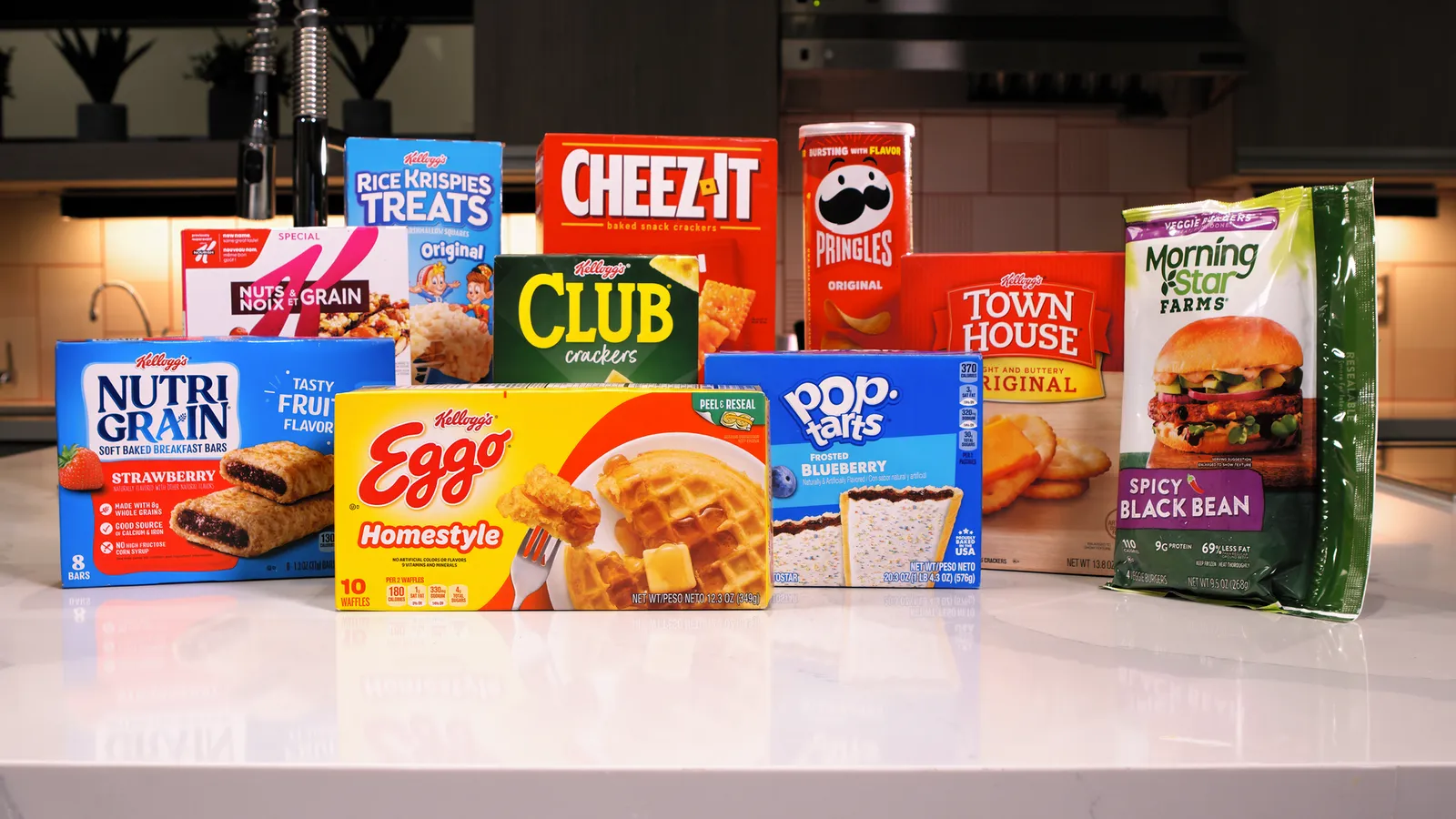
Predicting the next big consumer trend
Beyond the supply chain, companies also are relying on AI to keep up with ever-changing consumer trends to tap into the next big flavor or product launch.
Kellanova’s food scientists use Tastewise to expand the company’s creative abilities, like drafting packaging, claims and recommended recipes. It also uses Microsoft’s AI tools in platforms like Edge and Copilot to mine insights for product development, Lestage said.
There are nuances and upsides the Cheez-It maker has found in each platform it has tried. “The tools now that allow you to get consumer feedback… accelerate your product development timeline tremendously, by months,” Lestage said.
AI company Tastewise analyzes billions of data points, such as social media interactions, home recipes and restaurant menus to forecast which trends are bubbling up to the surface in the food industry.
The platform includes a chatbot similar to ChatGPT, which allows users to pose queries to specific questions. This process allows companies to quickly predict what consumers will demand rather than just “static research trends,” Tastewise COO Tal Tochner said.
“Companies that are actually winning are the ones that are able to personalize and really understand their consumers,” Tochner said. “They’re asking super hyper-local insights or audience-tailored questions in order to tailor their marketing strategies and win the shelf.”






